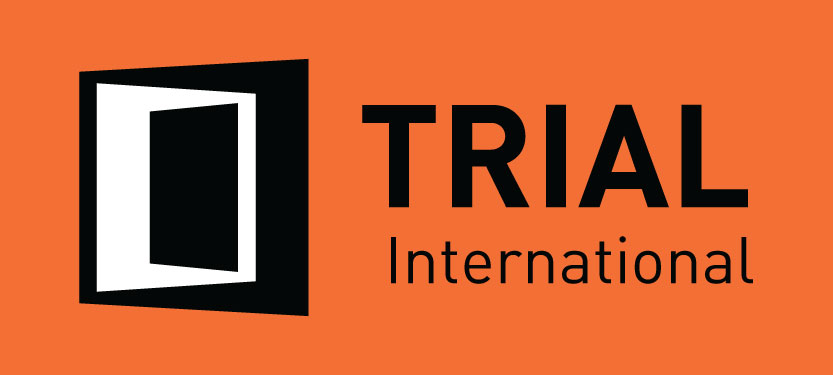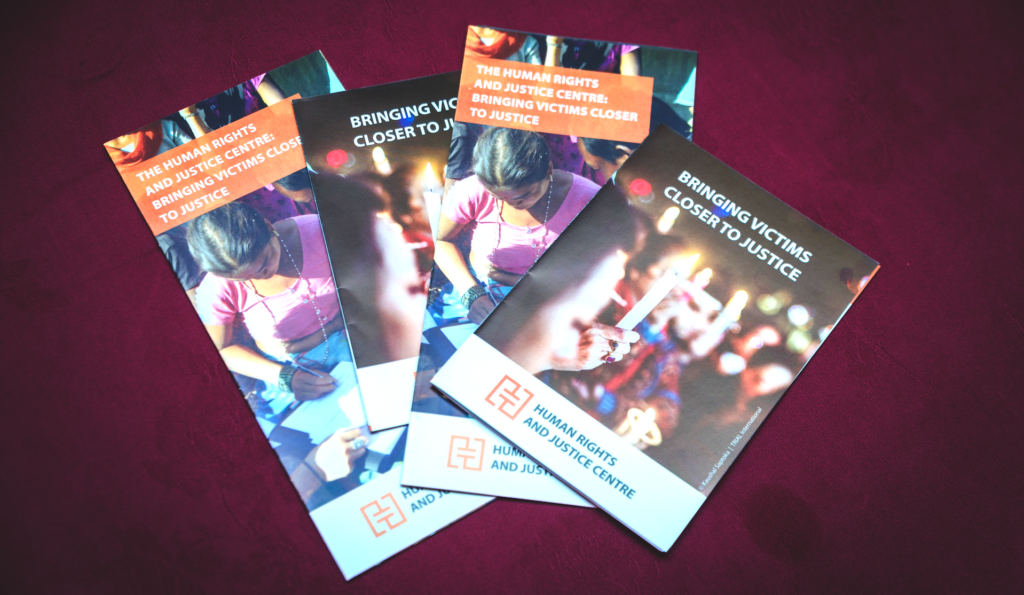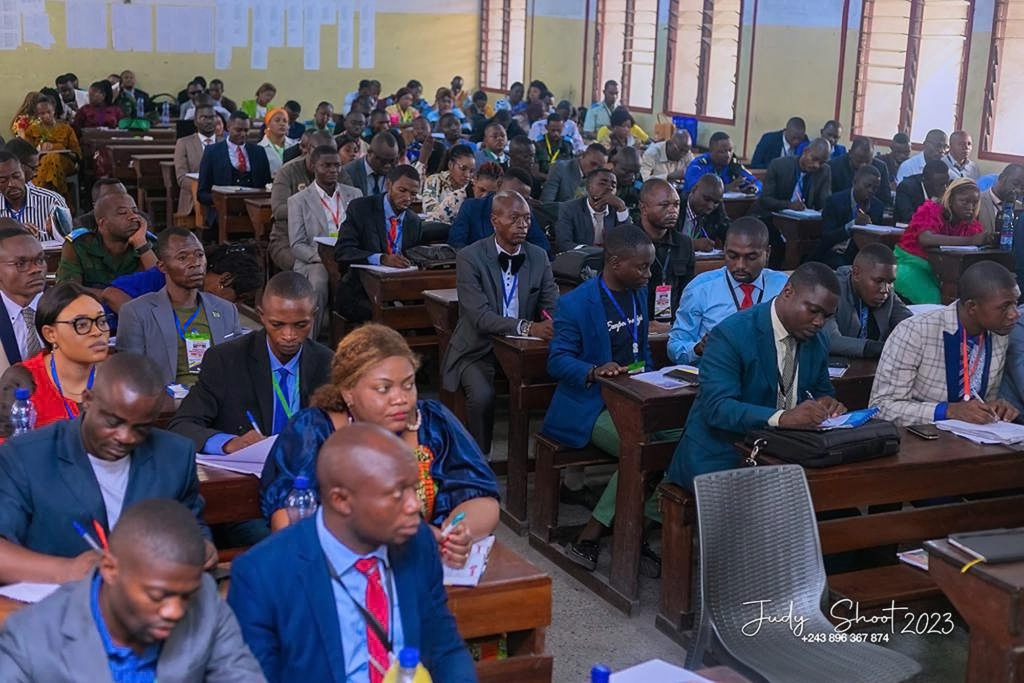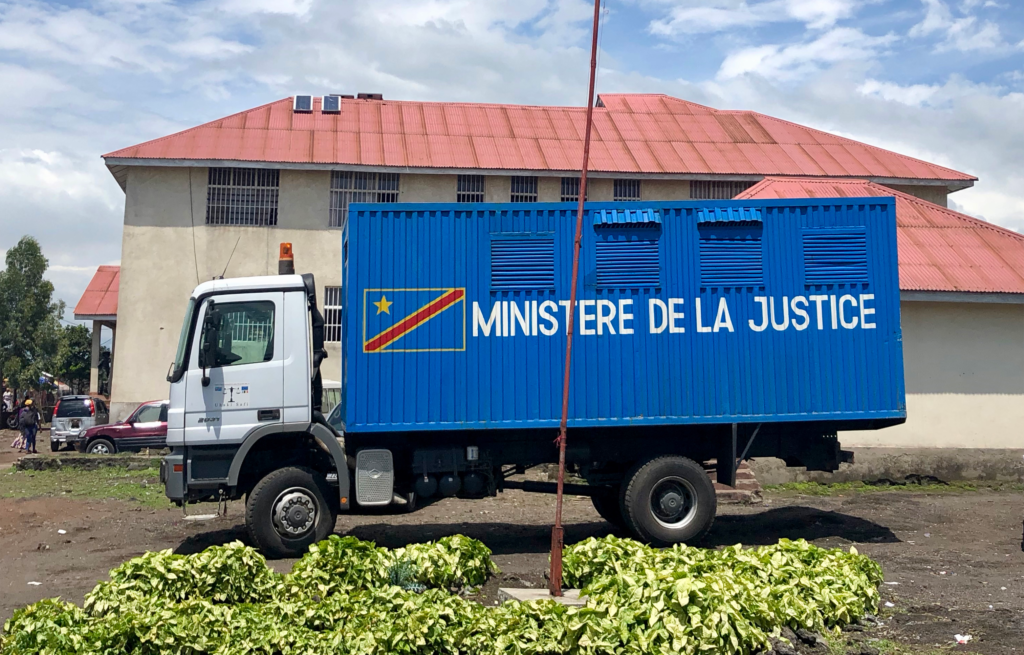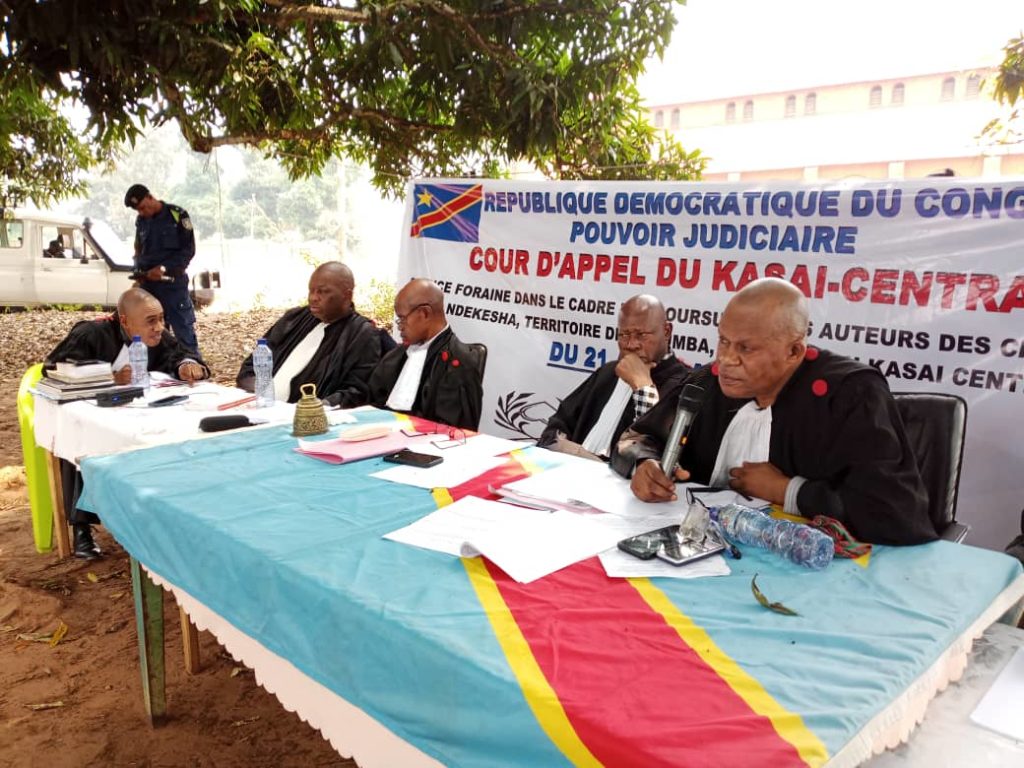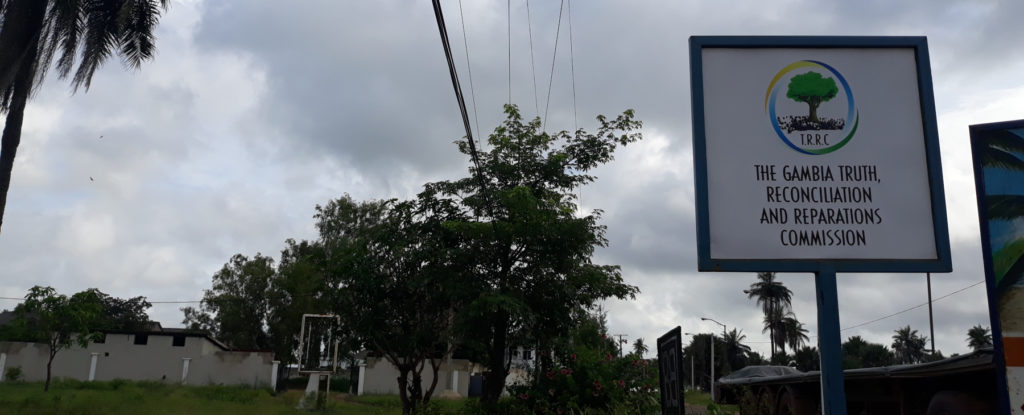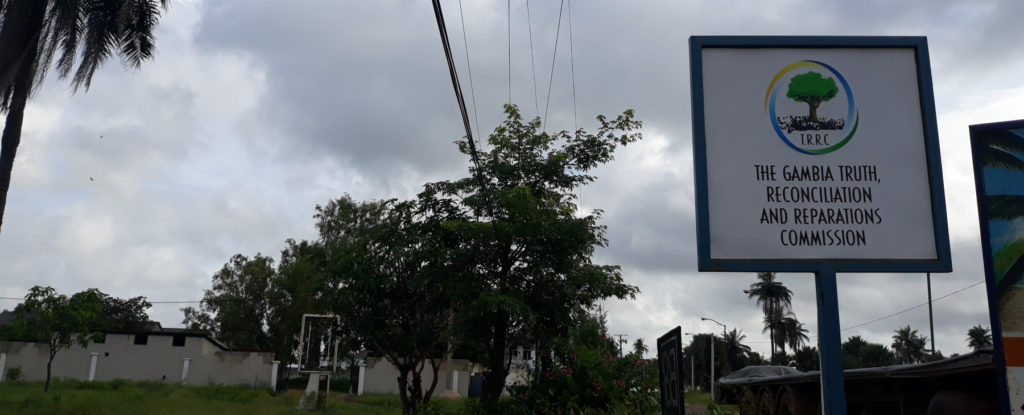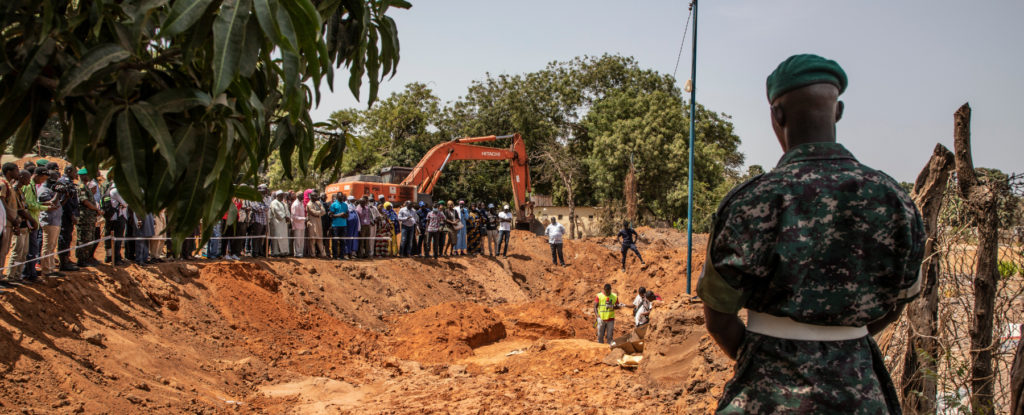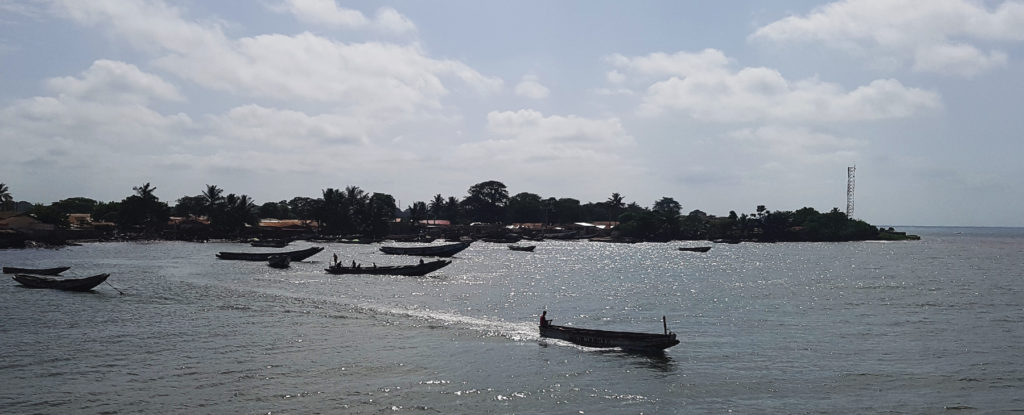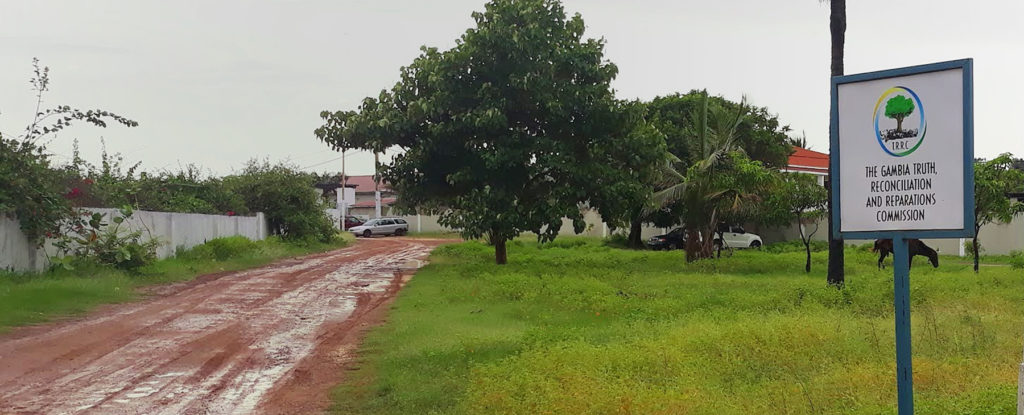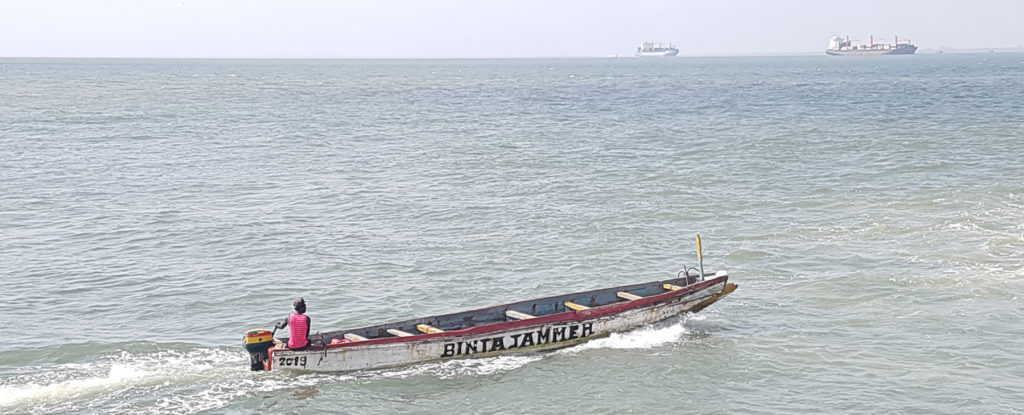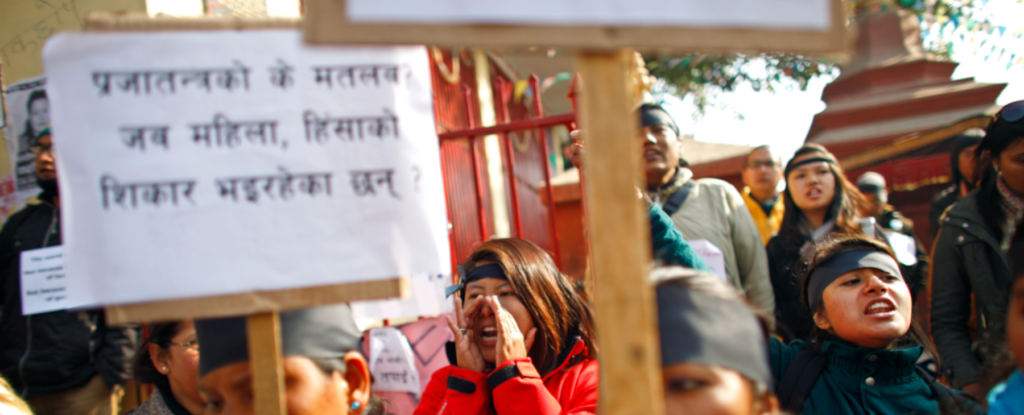Nepal: Draft bill on transitional justice falls short of international law and standards
AMNESTY INTERNATIONAL, INTERNATIONAL COMMISSION OF JURISTS AND TRIAL INTERNATIONAL
MEDIA ADVISORY
20 July 2018
The legitimacy and viability of the government of Nepal’s draft “Bill to Amend the Act on Commission on Investigation of Disappeared Persons, Truth and Reconciliation, 2014” must be questioned due to the lack of a meaningful consultation process, and serious shortcomings when evaluated against international law and standards, Amnesty International, the International Commission of Jurists and TRIAL International said today in their preliminary comments on the draft bill.
While welcoming certain aspects of the draft bill, the three international human rights organizations identified weaknesses in the draft bill from an accountability perspective that, if not addressed, will contribute to impunity. This is especially true when it comes to the failure to address the demand for reconstituting the current transitional justice commissions, ensure punishment proportionate to the gravity of the crimes and a need to comply with not just the “letter” but also the “spirit” of decisions by Nepal’s Supreme Court.
Amnesty International, the International Commission of Jurists and TRIAL International called on the government of Nepal to heed the concerns of victims of the conflict-era human rights abuses by embarking on an effective and transparent consultative process that meets the “reparative principle of victim satisfaction”.
“There are critical flaws in the amendment related to accountability for crimes under international law, including crimes against humanity; in relation to sentencing, … and in relation to the overall architecture of the transitional justice process, which must strike a balance between the four pillars of truth, justice, reparations, and measures to avoid repetition of past crimes,” the briefing says.
The organizations also expressed concern about the lack of meaningful consultation with the victims’ community, and urged the government to ensure that the draft bill is responsive to the self-identified needs of victims and civil society.
The briefing also calls on the international community to heed “the lessons of history regarding transitional justice” and read carefully each provision within the context of the law as a whole and in relation to the broader reality on the ground – including a lack of demonstrated willingness to bring all those suspected of criminal responsibility to justice in fair trials.
“The removal of the inclusion of crimes against humanity and the lack of an explicit reference to war crimes demonstrates a weakening commitment to stand against “crimes against humanity” and war crimes, principal crimes under the Rome Statue of International Criminal Court (ICC) and customary international law” the briefing says.
